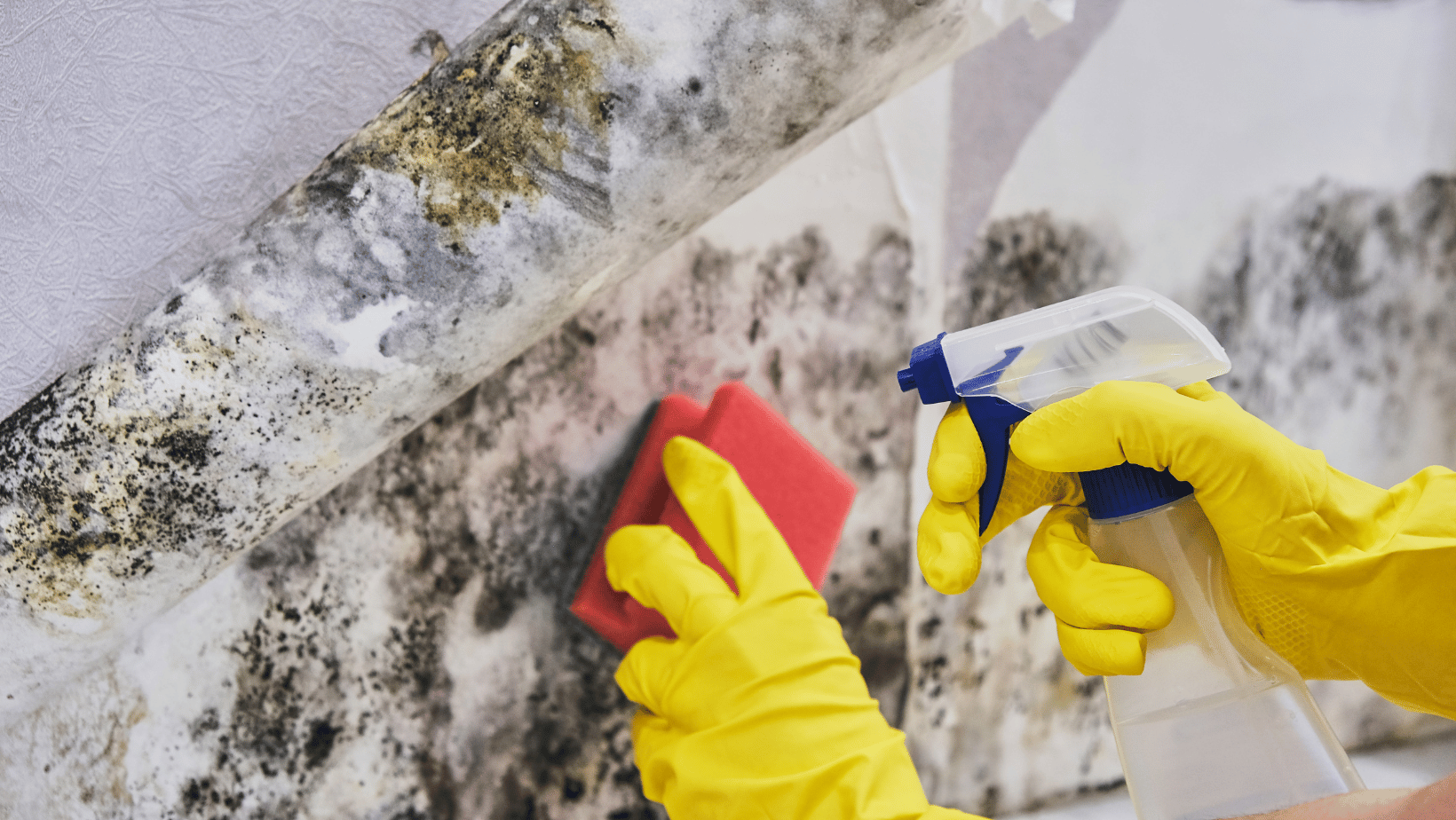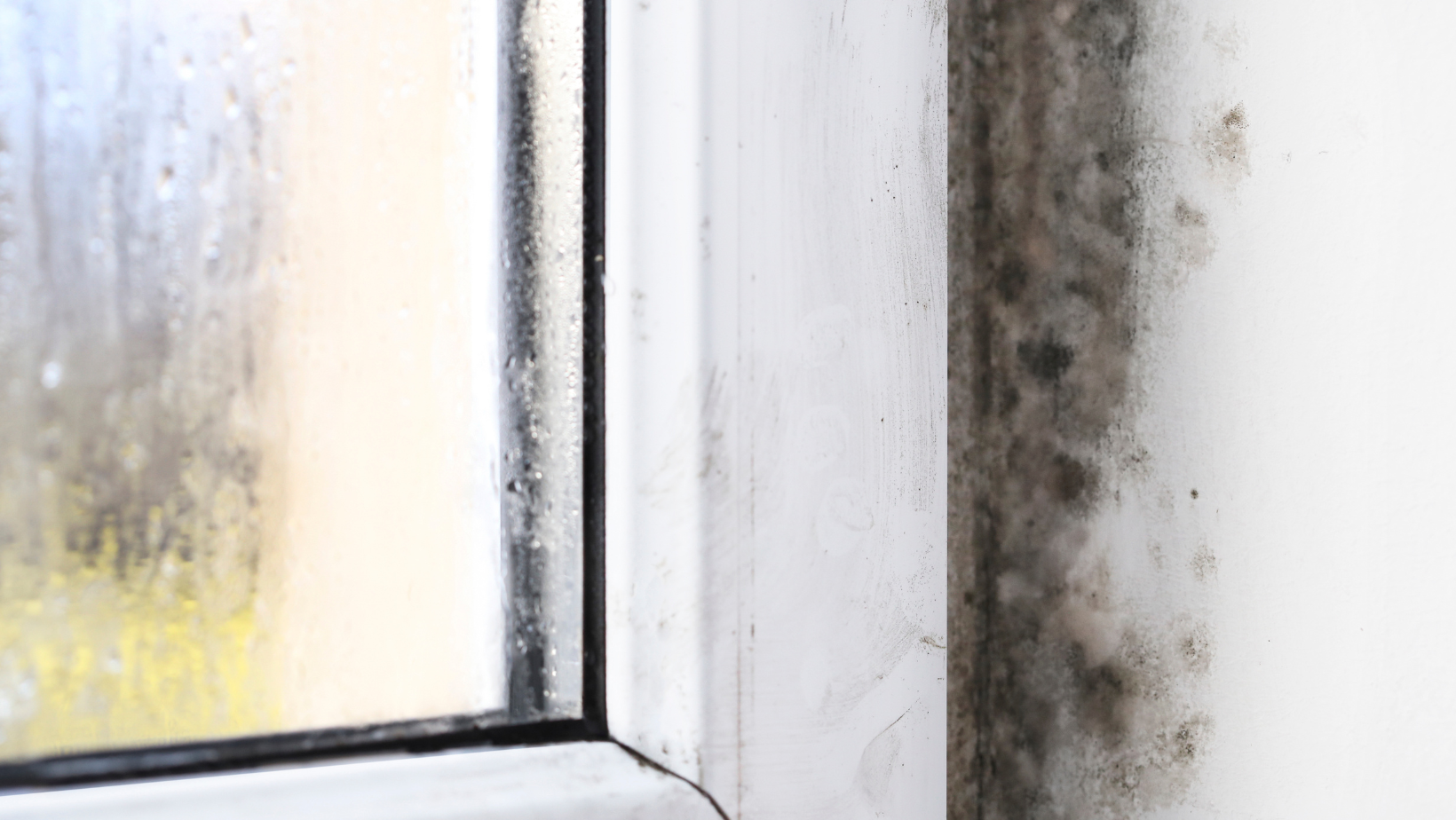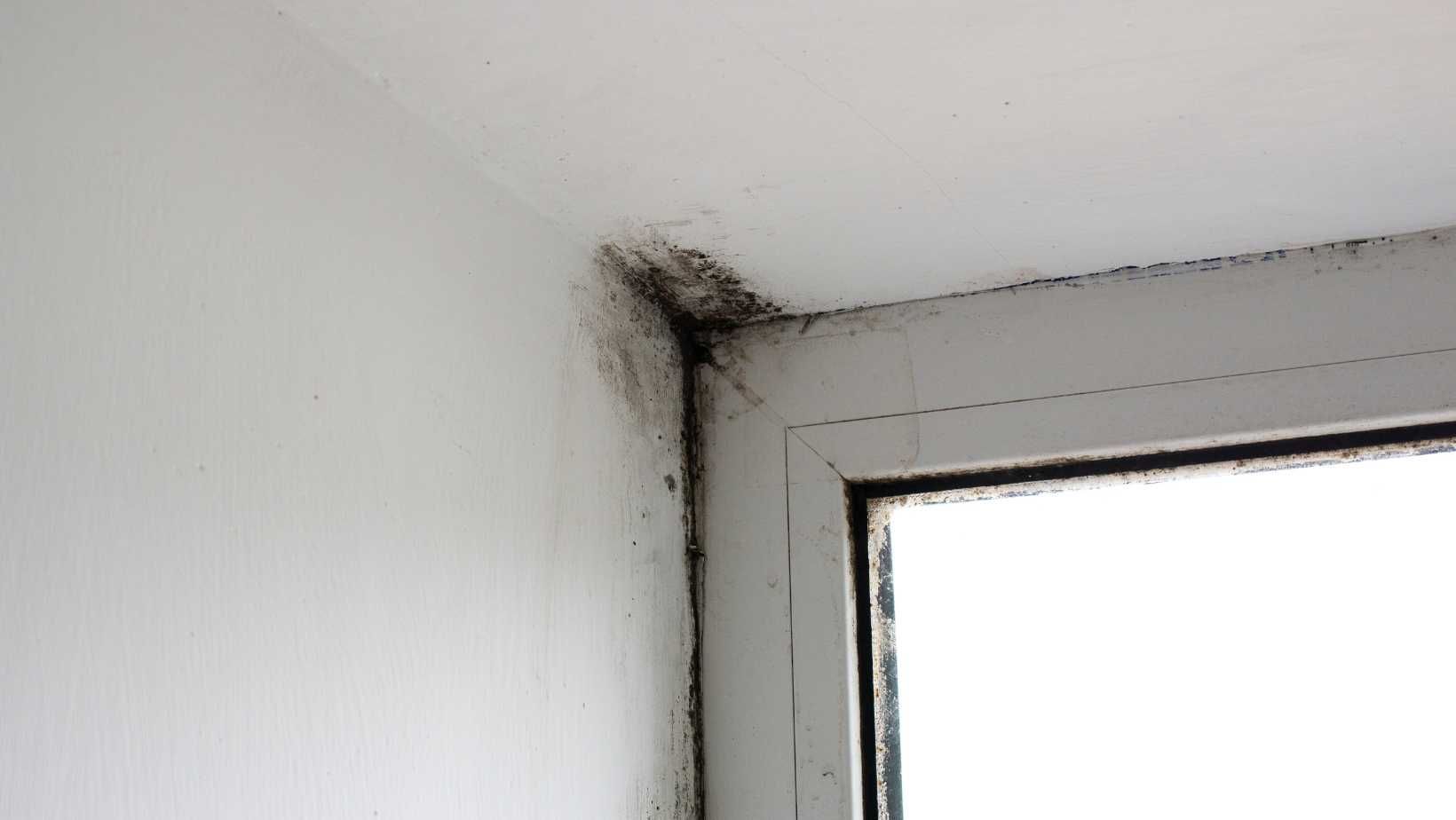What is Mold Testing? Should I Get My Home Tested For Mold?
If you suspect a mold problem in your property, mold testing provides scientific evidence that can prove or disprove the presence of a mold issue. Coupled with a detailed mold inspection of the environment, mold testing can be a valuable tool in mold management.
What is Mold Testing?
Mold testing is the process of collecting samples to be analyzed for mold spores and mycelium (the vegetative part of a fungus or the mold root system). The most common types of samples are air samples and surface samples, which are collected and sent to a 3rd-party, accredited laboratory for scientific analysis. The goal is to determine the amount of mold present in the indoor environment and the species of mold present in the indoor environment.
If you suspect a mold problem in your property, mold testing provides scientific evidence that can prove or disprove the presence of a mold issue. Sampling can also reveal hidden fungal growth, measurement the indoor air quality, and identify toxic mold in the home. If you suspect a mold problem in your property and believe mold testing would be beneficial, call a local mold inspector near you to schedule an assessment. Hiring a qualified mold inspector who is familiar with collecting samples and analyzing lab reports to do professional mold testing will always yield the most accurate results. Most importantly, a certified mold inspector is fully equipped to conduct a thorough mold assessment (including a visual assessment and moisture mapping) which provides crucial context for the mold testing results.
Should I Get My Home Tested For Mold?
Depending on who you talk to, mold testing is sometimes heavily scrutinized. The truth is that it all depends on the specific circumstances. The EPA's recommendation on mold testing is that "In most cases, sampling for mold isn't necessary if mold is present and visible. The goal will be to remediate once the scope of the problem has been recognized and the underlying moisture problem has been rectified." However, not all moldy situations are visibly apparent. In some circumstance, professional mold testing is necessary and recommended. There are many circumstance in which mold testing would be very beneficial and provide valuable and useful information.
Mold testing may be recommended in some of the following circumstances:
- Musty Odors – When there is no visible mold yet there is a moldy odor. Mold detection and tracking can be aided by a mold inspection with testing.
- History of Moisture – When there has been a history of moisture issues (leaks, floods, etc.) and mold is suspected to be growing behind walls or under building materials. If there is an elevated mold spore count in the air, a mold inspection with air quality testing can detect it.
- Post-Remediation Verification – Testing is often to verify the success of a mold cleanup. It is often recommend to have the area(s) post-tested after a mold remediation to check that the earlier mold issues have been remedied and mold counts have returned to normal.
- Health Concerns – Air quality testing for mold might be recommended is there are specific mold related health concerns. Air testing for mold will help to determine if airborne mold elevations could be making you sick.
- 3rd- Party Requirements – Some situations require scientific proof/disproof of an issue (i.e.: real estate transactions, tenant/landlord disputes, etc.). Mold testing provides detailed documentation to prove to 3rd-parties that a problem exists or doesn’t exist.
- General Concern – Mold testing and mold inspections can just be a precautionary measure. There may not be any evidence of an issue, but a homeowner might just want the property checked for a peace of mind just in case. Or perhaps you are buying a home and want to make sure you are not buying a moldy house.
Mold testing should be carried out by trained experts with experience in following specific sampling procedures and in developing mold sampling plans. Professional mold inspectors in the Acadiana area are also trained and educated in deciphering scientific laboratory results and putting them into context with the environment.
More Than Just Professional Mold Testing
While mold testing provides valuable information, the comprehensive inspection provides context for the testing which is equally as important. When managing a mold issue, you need to get to the source of the problem and identify underlying causation. Mold samples are just a snapshot of the mold conditions in a single moment, at a specific time. It does not tell us anything about what caused the mold, what it will take to remove it and how to prevent regrowth. That's why context is so crucial, and you won’t have that without a complete site assessment. To understand the environment and identify mold-conducive conditions, the mold inspection includes a visual examination, moisture mapping, and thermal imaging.
If mold testing reveals a mold problem, the data gathered through a visual inspection, moisture mapping, and thermal imaging will assist your inspector in determining the full scope of the mold problem, as well as what caused it, how to properly remove it, and how to effectively prevent it from recurring.
DryMax is a locally owned mold inspection company in Villa Platte providing mold testing services in the surrounding Louisiana areas. For more information regarding our mold testing services and assessment process, call our local office today -- 337-446-2042.
You might also like
DryMax Mold Blogs




